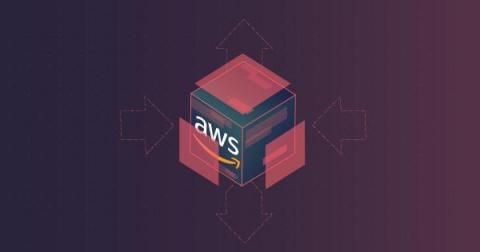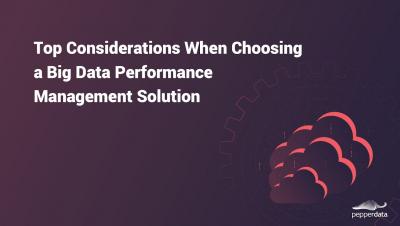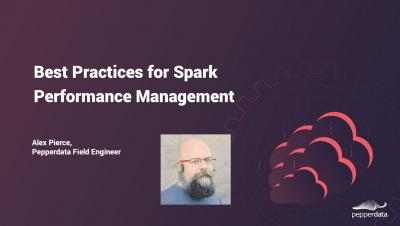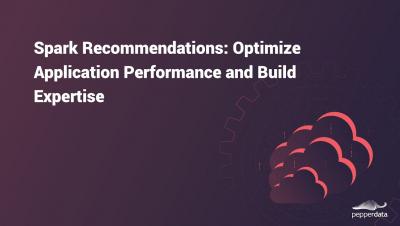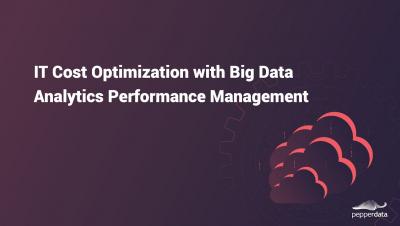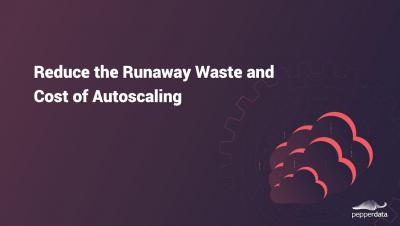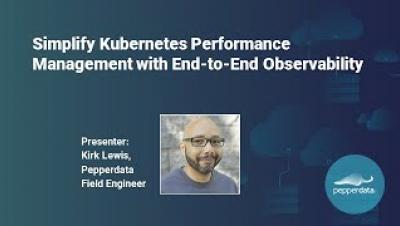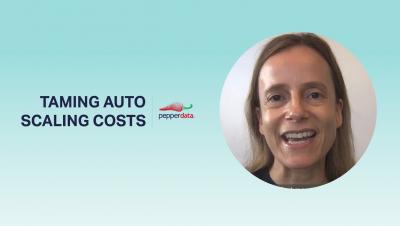Pepperdata Lets AWS Auto Scaling Execute More Big Data Workloads
Here at Pepperdata, we continuously work to improve our products and better serve our customers. Whether it’s executing more big data workloads or ensuring their resource consumption remains optimal, we want our customers to get the best value and tangible benefits from our products while not overshooting their big data cloud budgets. Today, we’re bringing you the data to back up our claims that all of this is possible.


